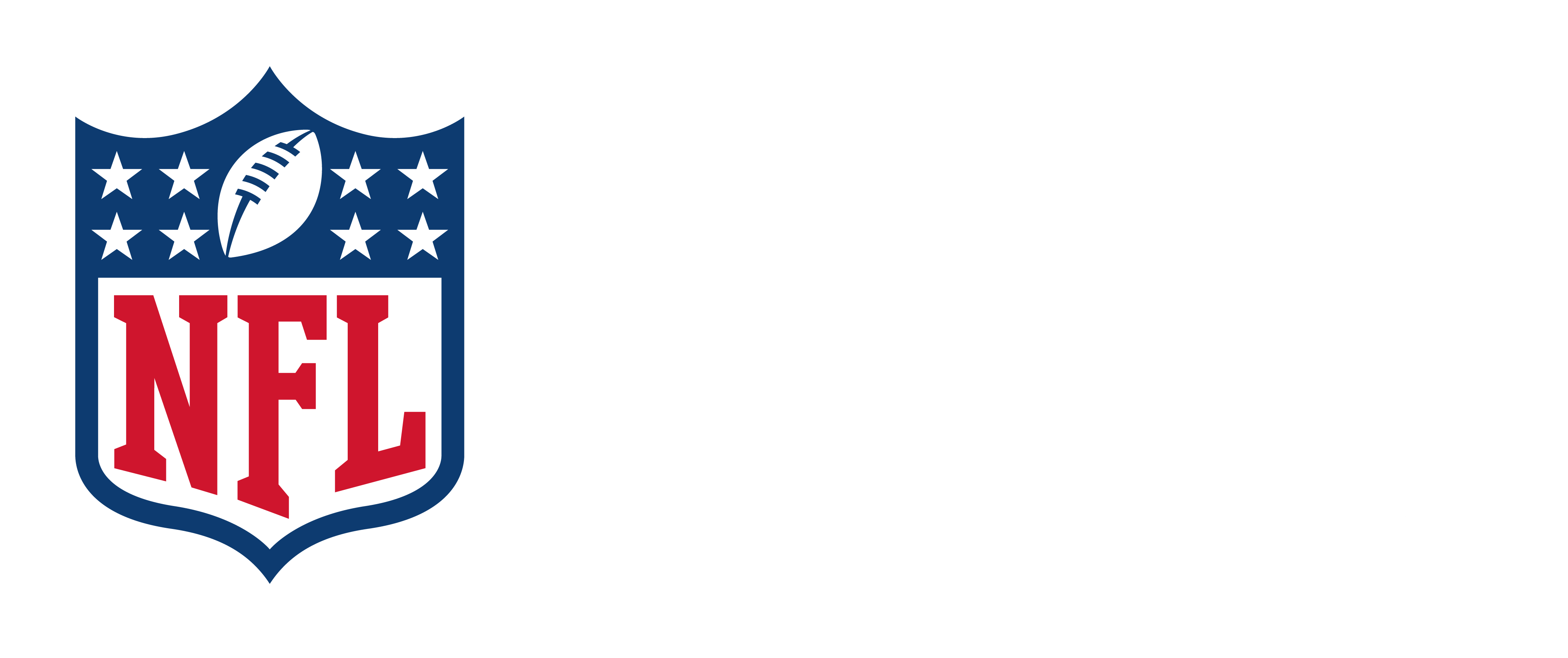Comprehensive Analysis of Player Impacts
Leading biomechanical engineers have completed a comprehensive video review of player impacts to better understand concussion-causing events in the NFL.
The data is being shared widely with helmet manufacturers, designers, innovators, entrepreneurs, universities and others to stimulate new ideas and designs for protective equipment.
The video review and biomechanical research is one component of the Engineering Roadmap—a $60 million comprehensive plan funded by the NFL and managed by Football Research, Inc. (FRI) to improve the understanding of the biomechanics of head injuries in professional football and create incentives for innovators around the world to develop new and improved protective equipment.
Dr. Jeff Crandall, Director of the Center for Applied Biomechanics at The University of Virginia and Chairman of the NFL Engineering Committee, led a team of experts to compile this data by analyzing video of all 459 reported concussions sustained in NFL games during the 2015 and 2016 seasons.
The data will also be reviewed by the league and the NFL Players Association (NFLPA) and made available to independent medical experts, clubs, players, coaches and the NFL Competition Committee to guide them in making changes to the rules of the game. Since 2002, the NFL has made 50 rules changes intended to eliminate potentially dangerous tactics and reduce the risk of injuries, especially to the head and neck.
Key Findings: From Impact Sources to Player Positions
Dr. Crandall and his team reviewed concussion-causing impacts to examine various factors such as the angles at which collisions occur and how they vary by position. With more data available on the types of impacts that cause head injuries, the engineering design of helmets and other protective equipment can be more targeted.
Key findings from the review:
Compared to previous studies, the distribution of helmet impact source has shifted toward a higher proportion of helmet-to-body (particularly shoulder) impacts and helmet-to-ground impacts, and toward a lower proportion of helmet-to-helmet impacts:
- Helmet-to-body: 45%
- Helmet-to-helmet: 36%
- Helmet-to-ground: 19%
The greatest percentage of concussions are experienced by a player tackling an opponent (as opposed to being tackled or blocking, for example):
- Tackling: 41%
- Tackled: 22%
- Blocking: 19%
- Blocked: 11%
- Diving/Leaping: 5%
- Other: 2%
The side of the helmet is the most common helmet impact location with more than 50% of concussions involving this location.
Among position groups, cornerbacks sustained the most concussions, followed by wide receivers, then linebackers and offensive linemen:
| Position | % Concussions from Video Review |
|---|---|
| Cornerback | 22% |
| Wide receiver | 15% |
| Linebacker | 11% |
| Offensive line | 11% |
| Safety | 10% |
| Running back | 10% |
| Tight end | 8% |
| Defensive line | 6% |
| Quarterback | 5% |
| Kicker | 1% |
Almost half (44%) of concussions occurred during a passing play, 30% during a rushing play, 21% on a punt or kickoff, 4% on a sack and 1% on a field goal.
Helmet-to-ground concussive impacts were notable for the high prevalence of impacts to the back of the helmet (35%) and their frequency during passing plays.
The results of this review identify potential opportunities to expand laboratory testing and evaluation of helmets beyond traditional helmet-to-helmet impacts.
"Given that players experience different types of impacts depending on their position, what we'd ultimately like to do is have helmets that are designed specifically for each position," Crandall said.
To view the webinar, click and register here or you can review the full presentation.
Full Findings



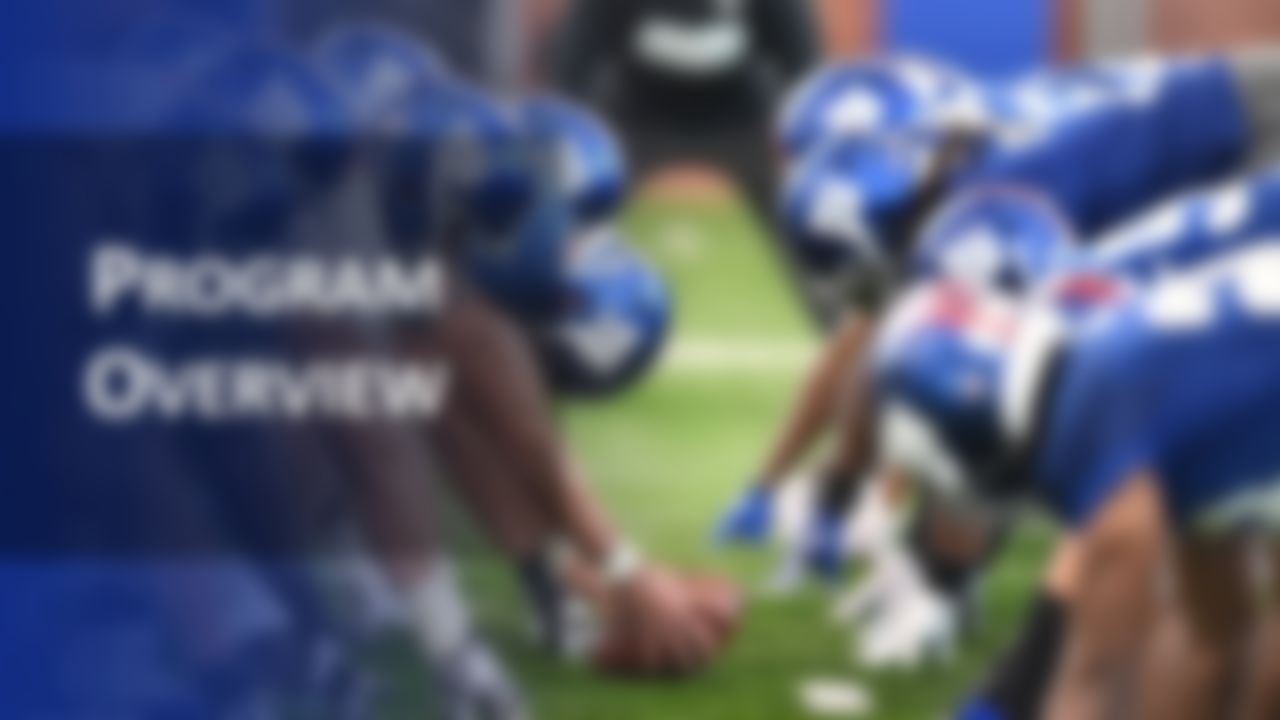








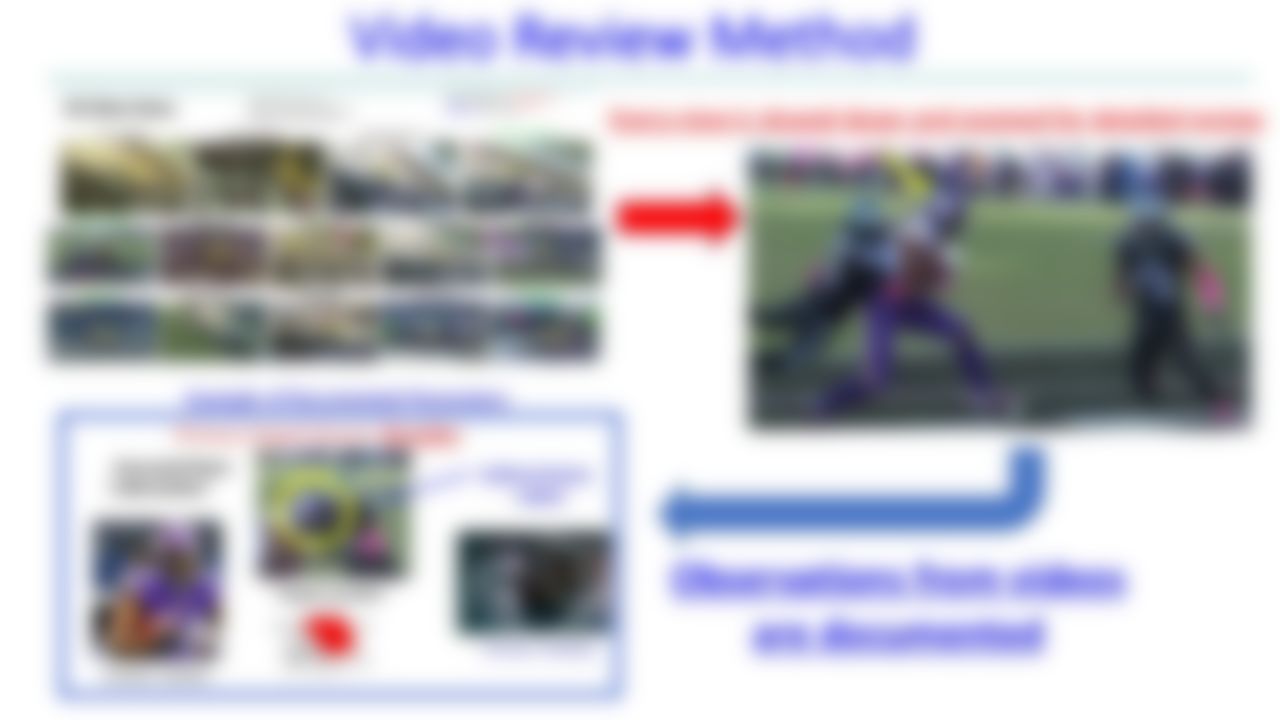






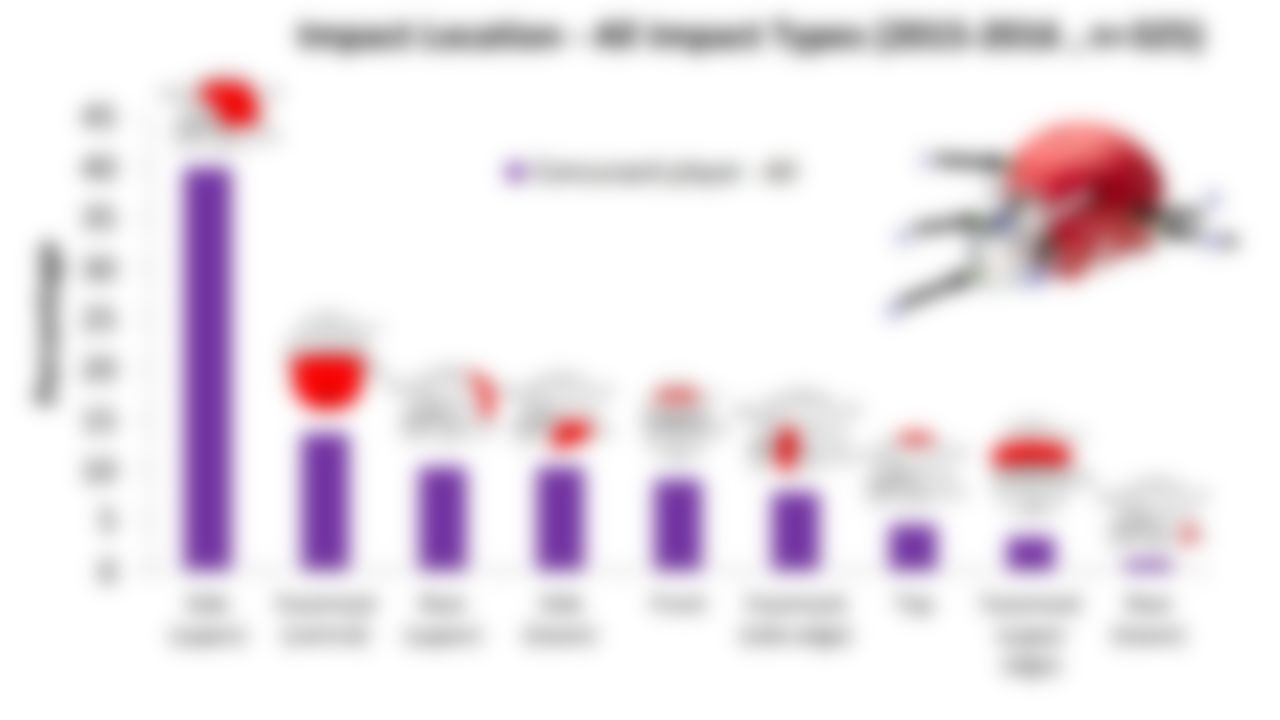

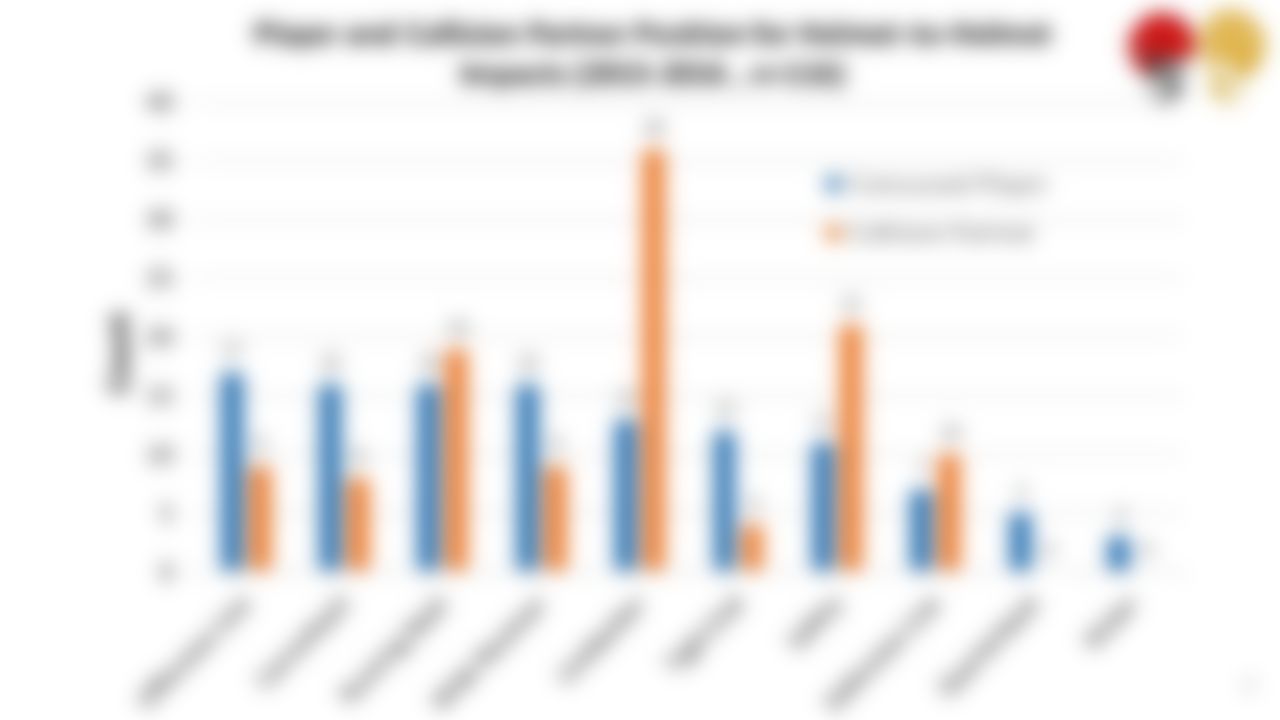
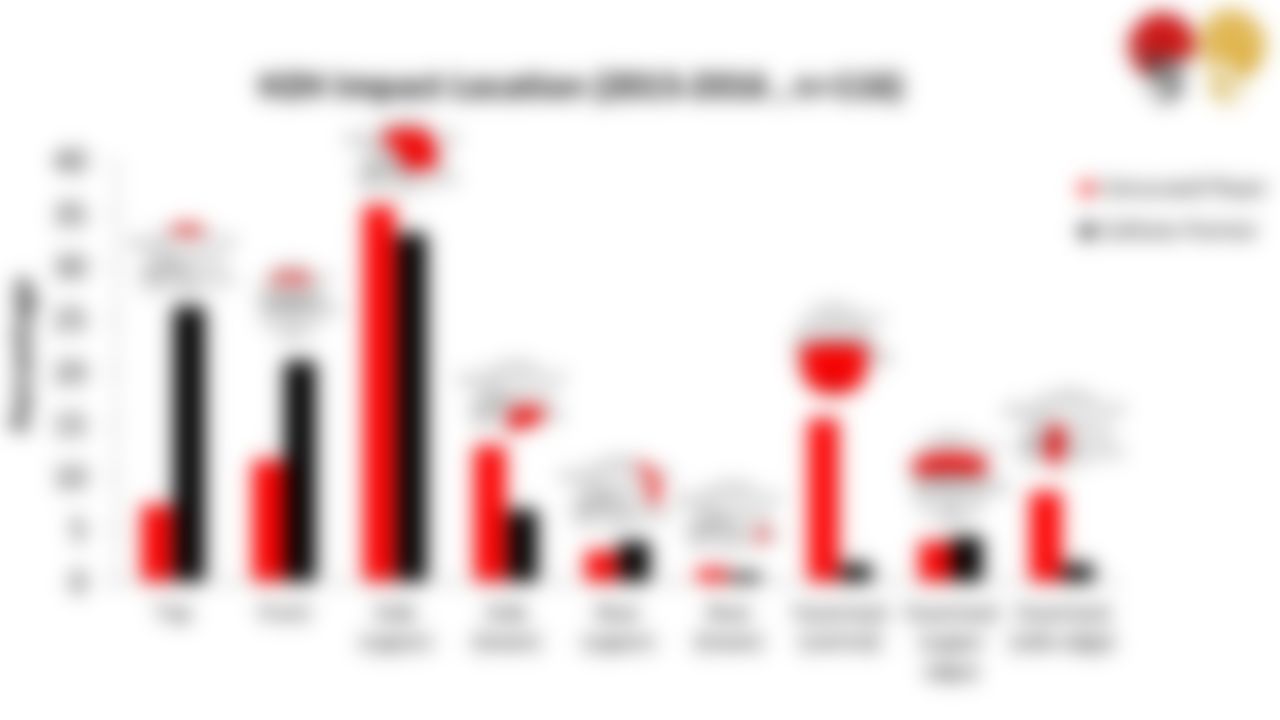

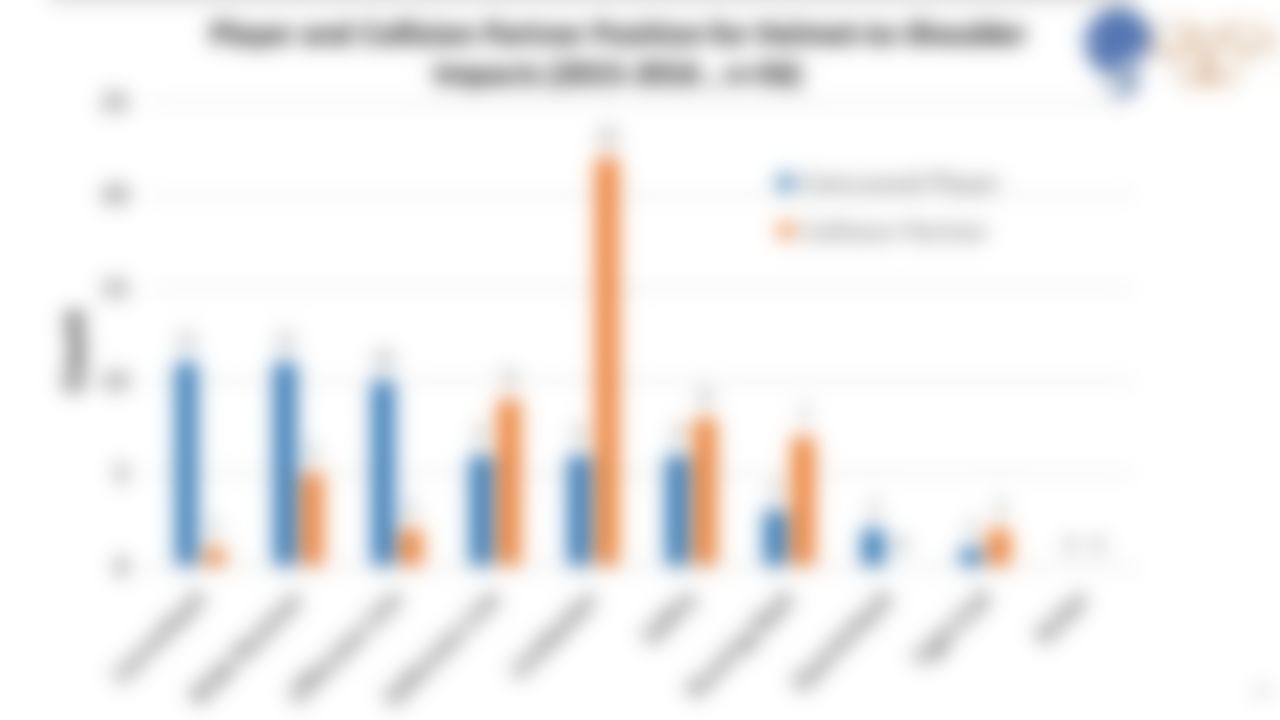
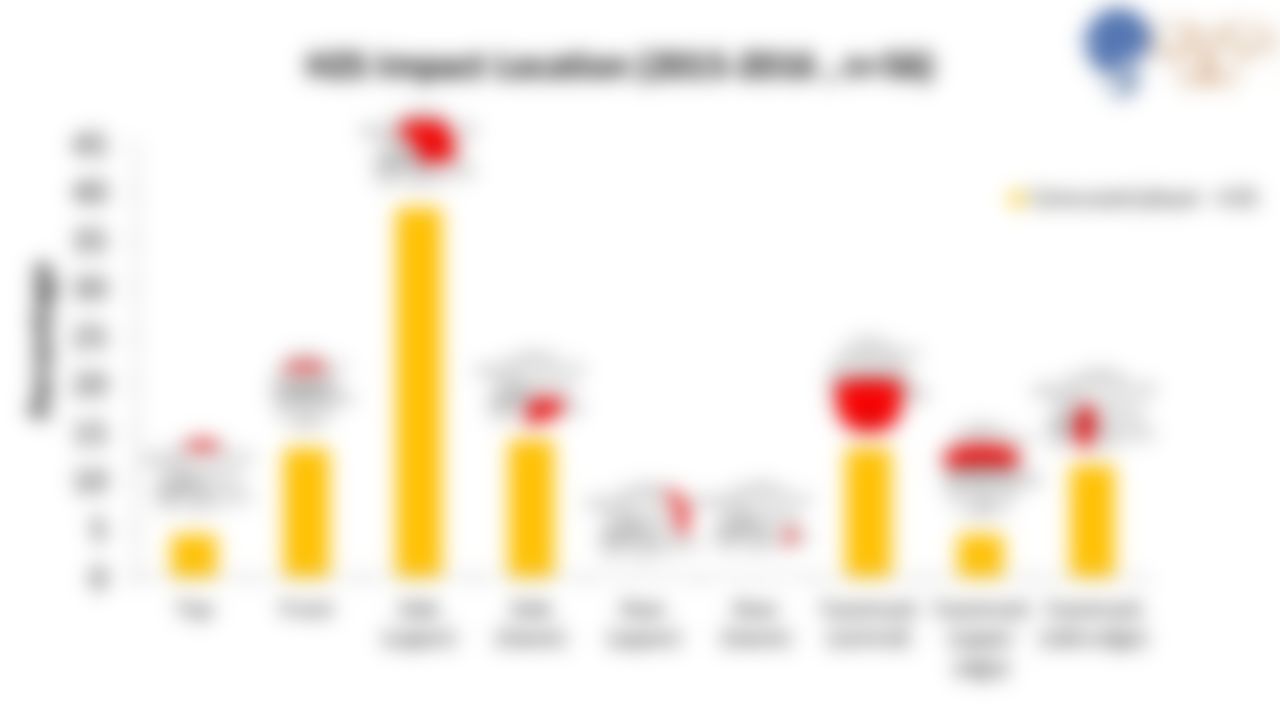

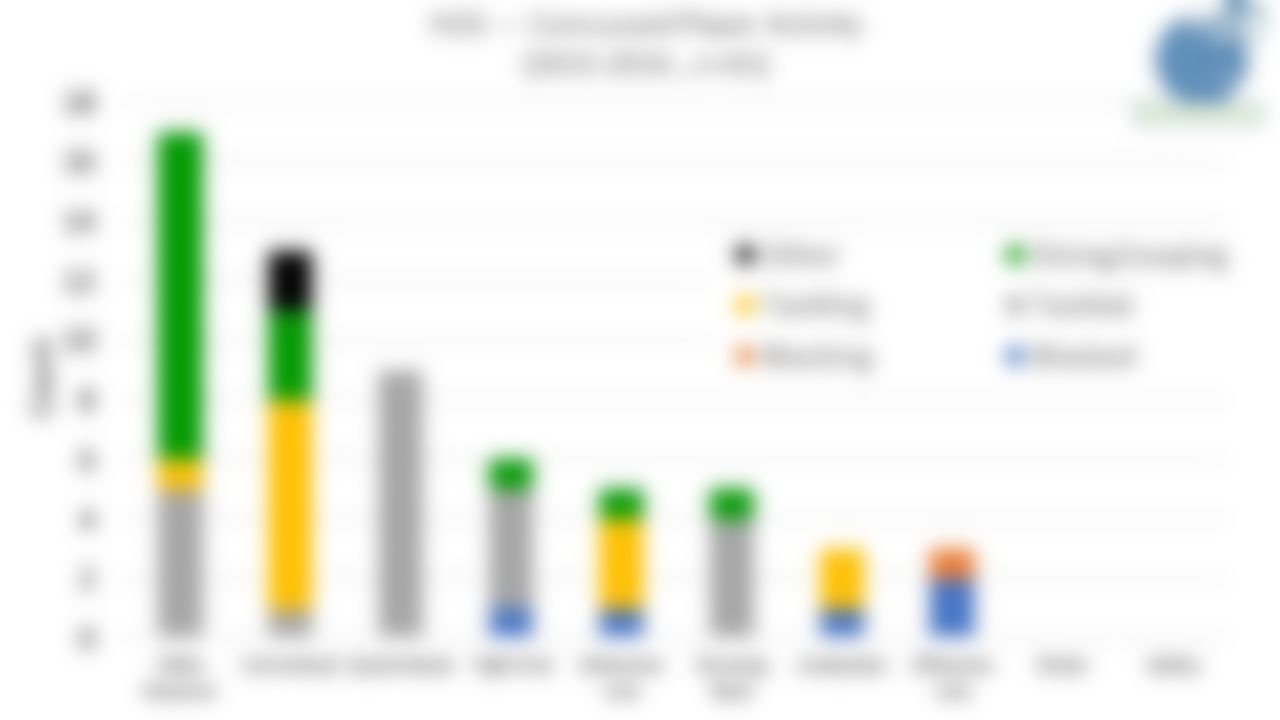


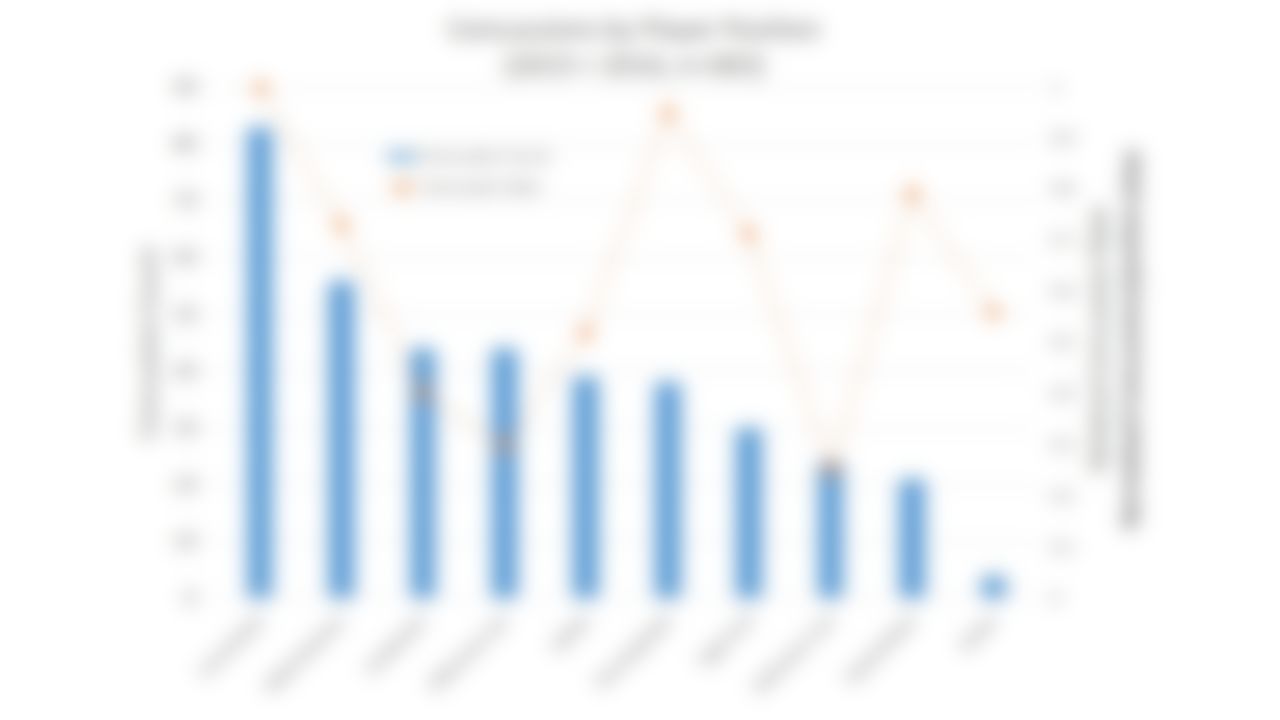
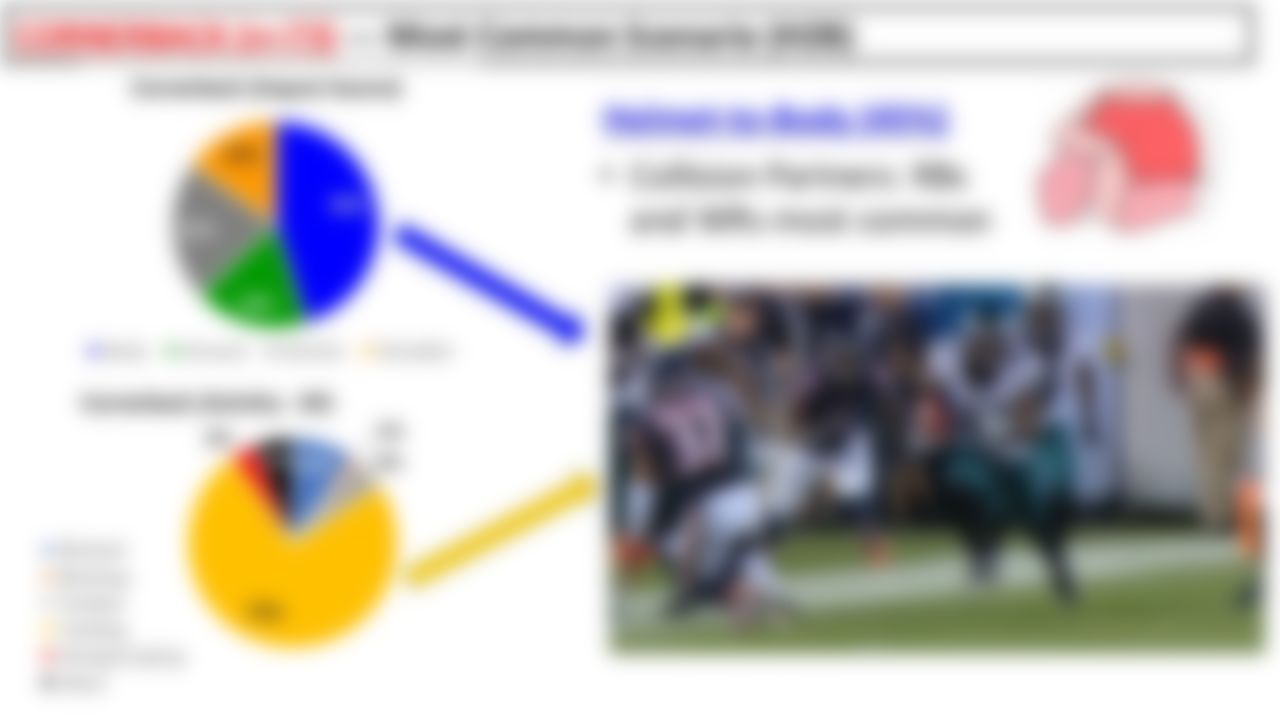
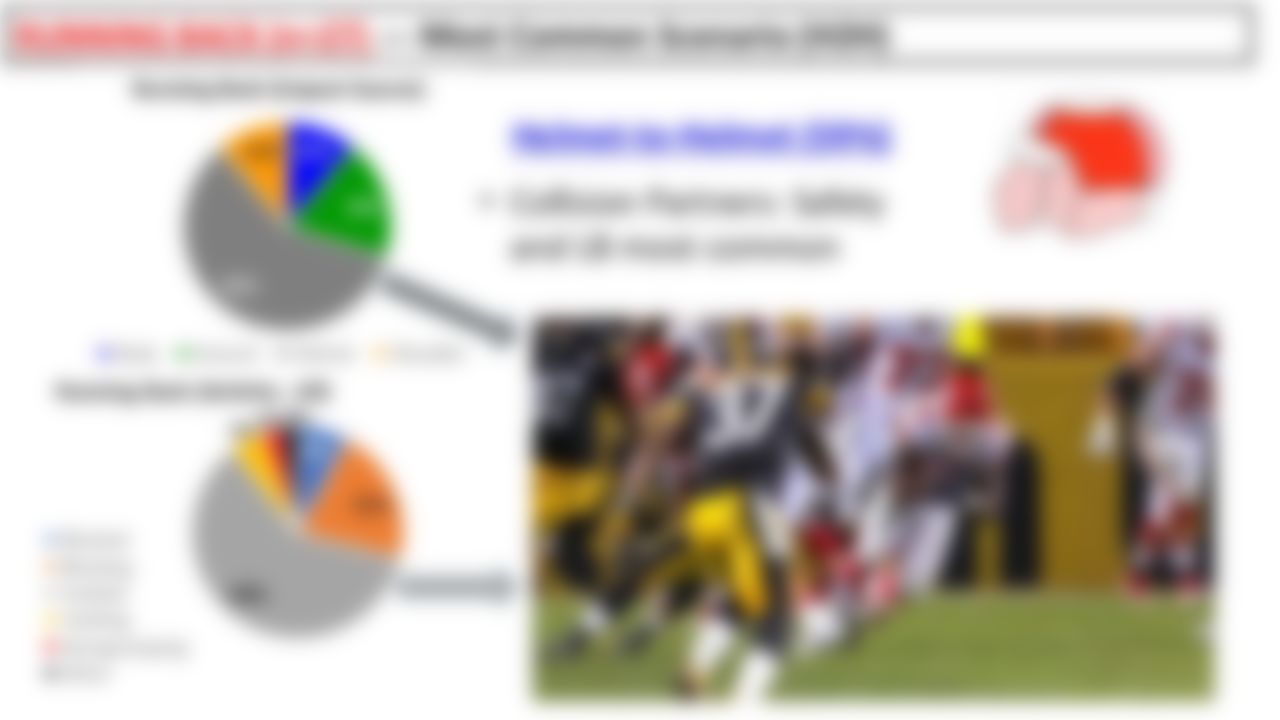
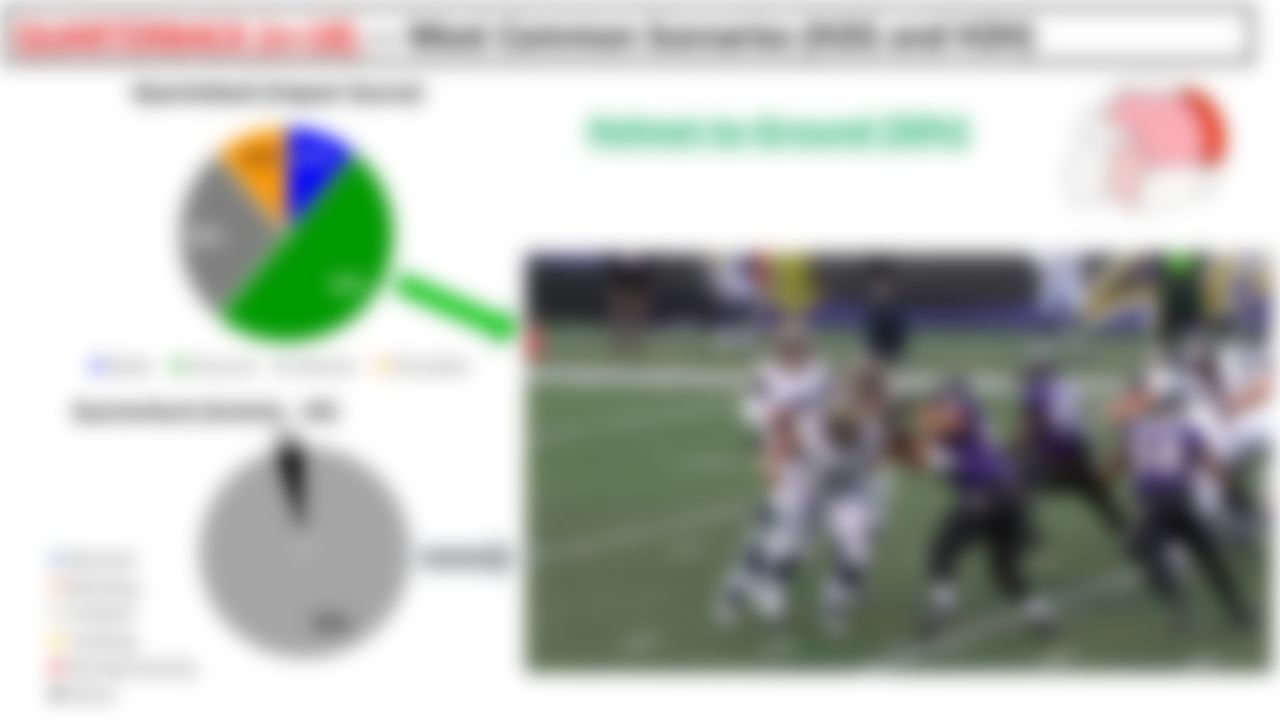


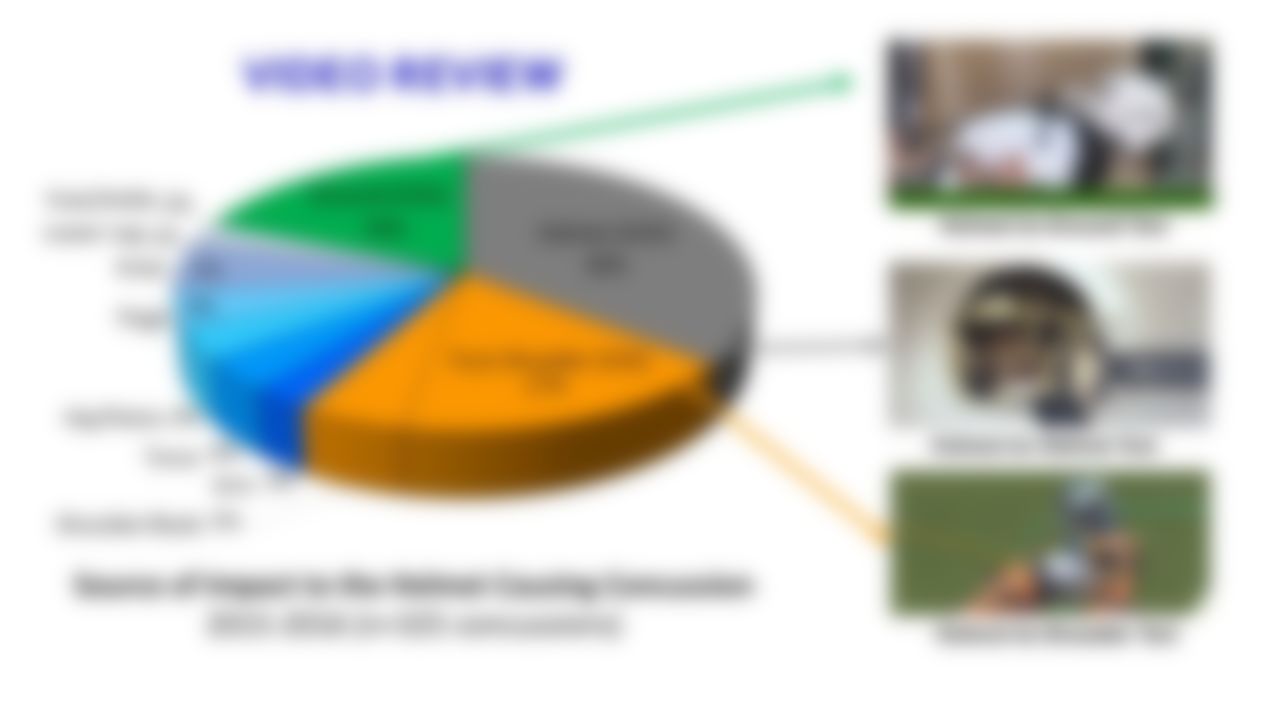
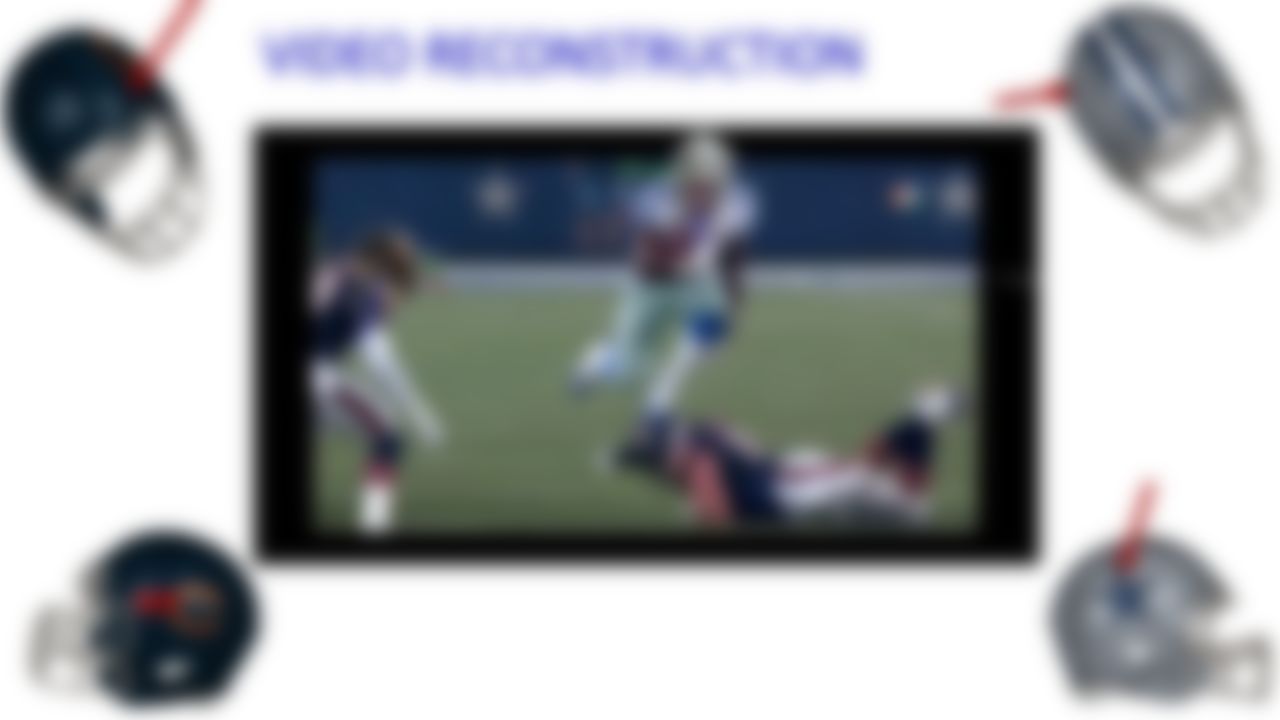


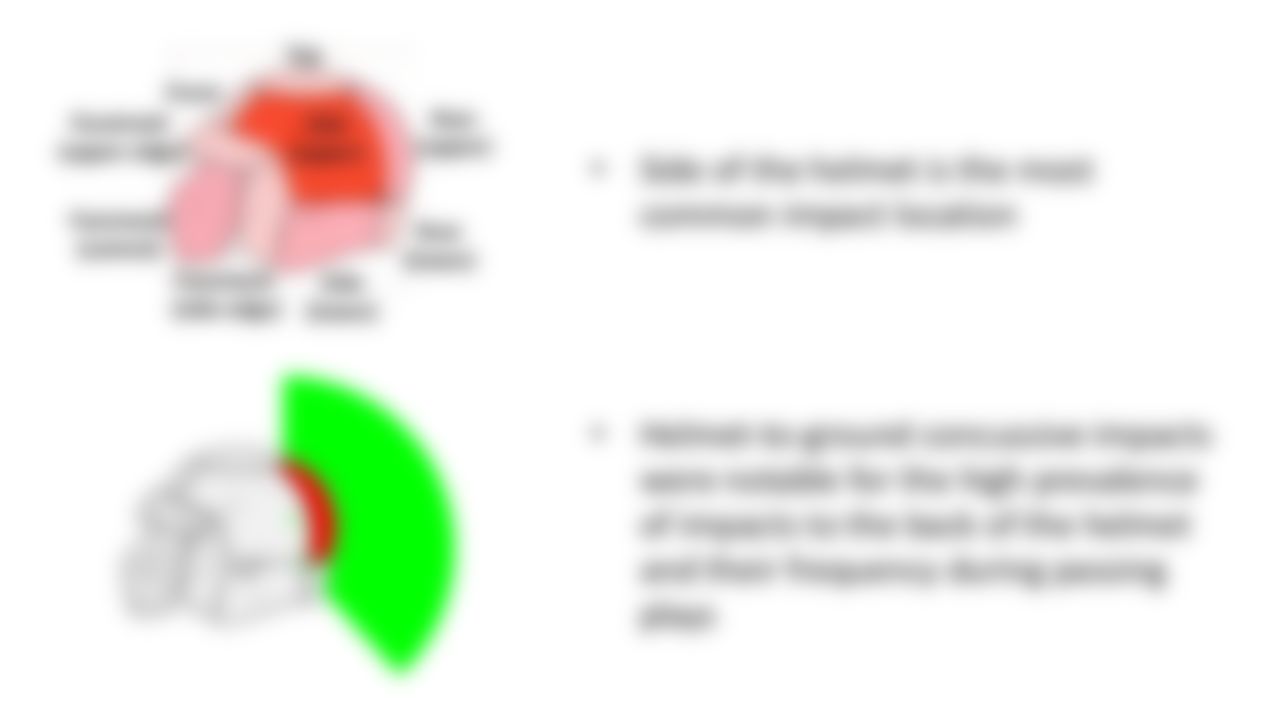




A Broader Effort to Improve Player Safety
The Engineering Roadmap is part of the NFL's Play Smart. Play Safe. initiative to drive progress in the prevention, diagnosis and treatment of head injuries, enhance medical protocols and further improve the way the game is taught and played. The initiative was launched in the fall of 2016.
The work to share data and improve protective equipment is closely associated with another component of the Engineering Roadmap: the HeadHealthTECH Challenges. Through the TECH Challenge series, the NFL and FRI solicit proposals for improvements in protective equipment.
The NFL and FRI partnered with Duke University's Clinical and Traditional Science Institute to create the TECH Challenges—which aim to deepen understanding of and advance solutions in the areas of head protection, materials science and kinematic measurement, among others.
In addition to potential access to funding, all applicants receive constructive feedback from Duke CTSI biomechanical experts to help refine innovations and increase chances for success on future submissions.
